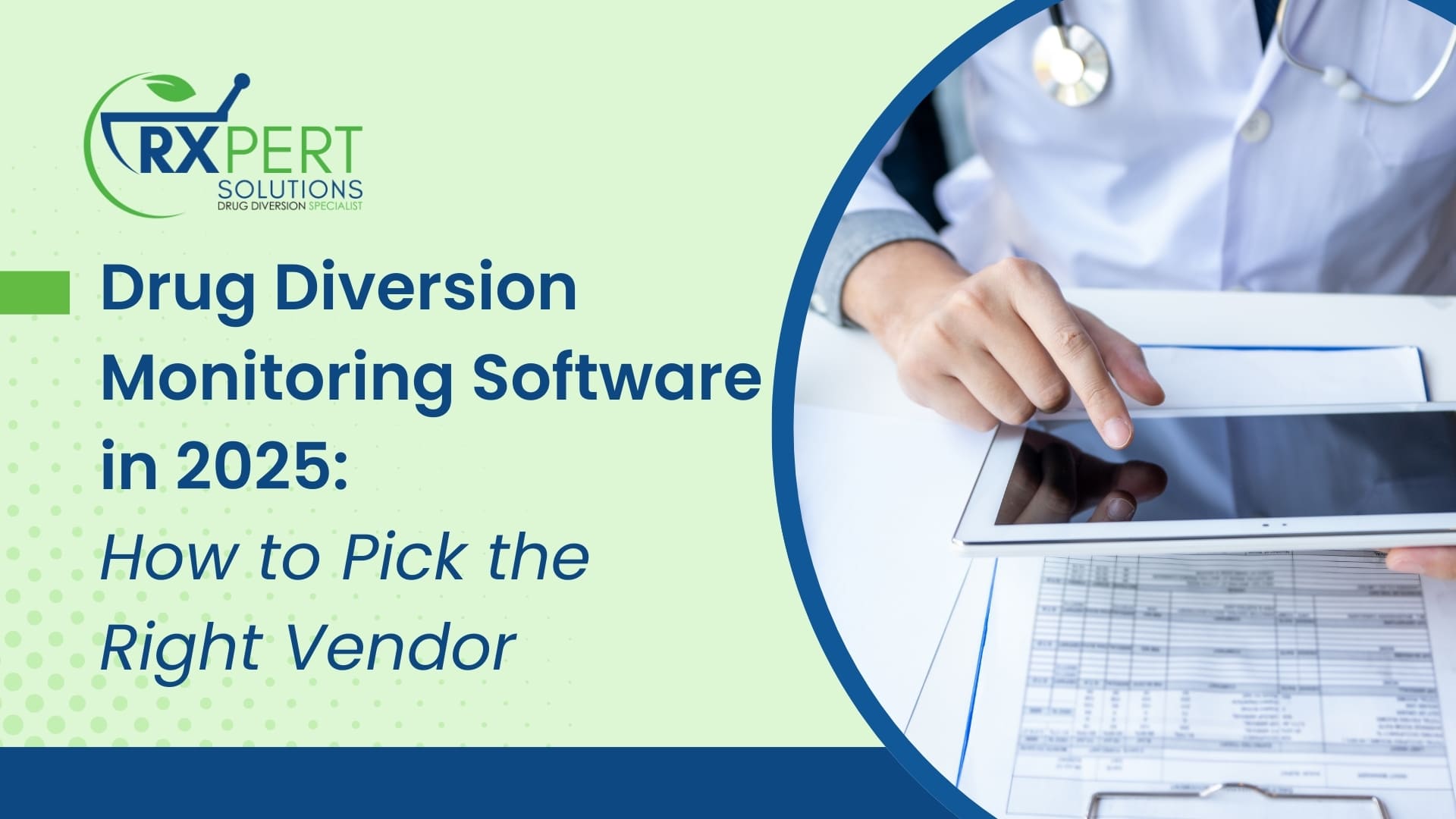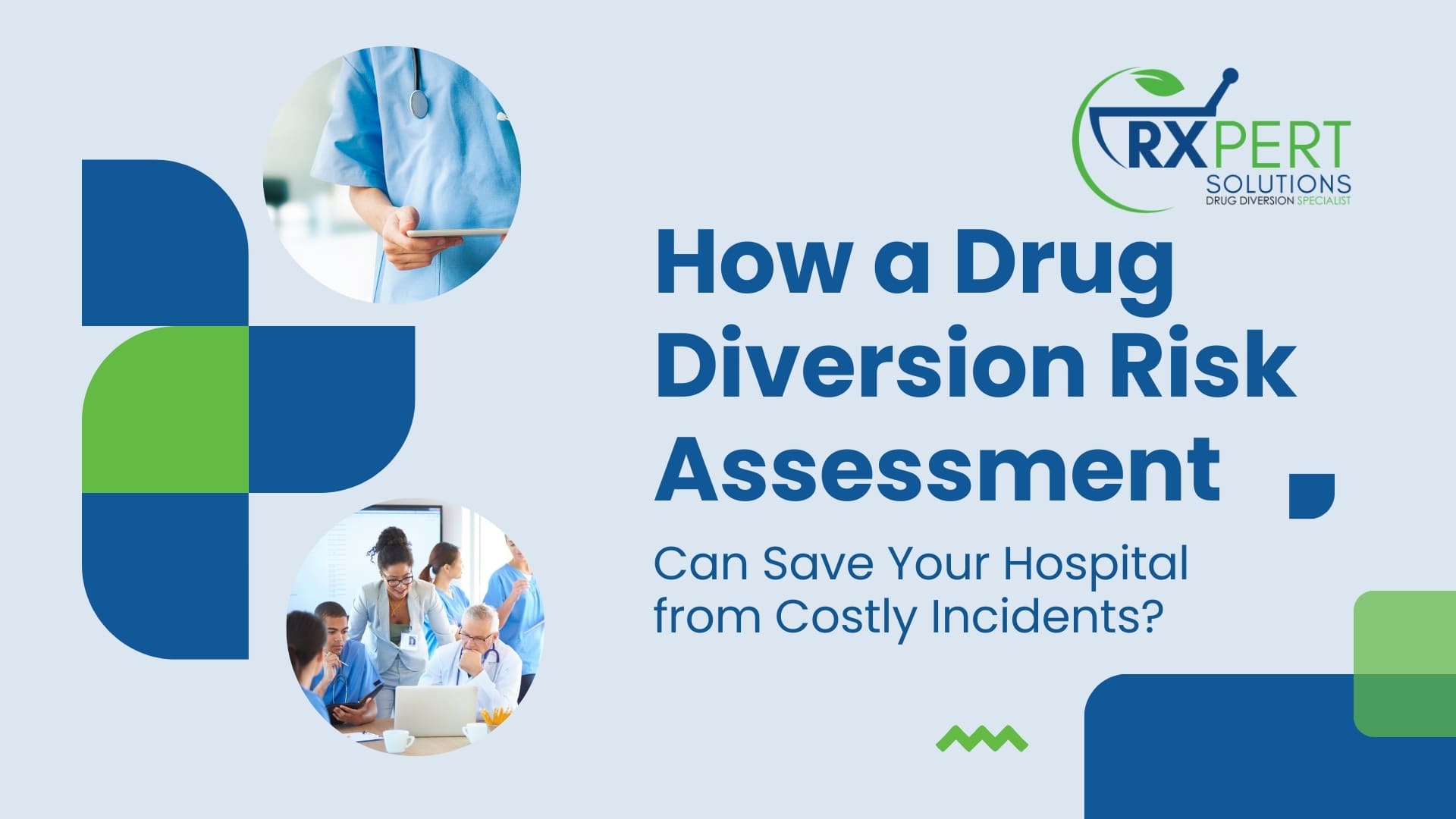Some of you may recall my previous blog telling of a medication error that happened to someone close to me. I sat in the car (couldn’t go in because of COVID-19 precautions) while they were in the urgent care where they received an IM injection of ceftriaxone in a volume of 10 ml. A recap for those who may not be aware, the maximum volume in the gluteal muscle is 5 ml, and in the case of ceftriaxone, 1g of the total volume should have been 4 ml if reconstituted according to directions of 250mg/ml. The patient experienced sweating, clamminess, difficulty breathing, blood pressure changes and almost passed out! The administering nurse encouraged the patient to “hang in there, it’s almost over” then called the physician in after the injection as she thought the patient may have been experiencing an anaphylactic reaction.
Once I got past the horror of a loved one going through extreme pain that should not have happened, my medication safety persona took over and I was aghast at the idea that an urgent care nurse would not know the maximum IM volume allowed. One might say it was just human error. Perhaps, but I lean toward doubting that since the patient’s extreme reaction to the injection did not trigger any realization of a med error for the nurse. This leads me to believe it was not human error but rather a gap in knowledge.
What would your next steps have been? My approach and reason for reporting the error was so I could be assured that formal education had been done not only to this specific nurse but to the department as a whole. That is all I wanted – confirmation of what had been done to keep this from happening again. How many times has she done this to others as she did not seem to have the proper knowledge? If she did not, could there have been other staff that did not as well? Working in the med safety arena, I know all too well how easy it is for staff to brush things off as a one time event and not make any changes or improvements because they don’t even recognize the need for a thorough review or action of any kind. As I stated before, we reached out to the provider, but in her response she did not even address the error. Then we filed a formal grievance to which we got an apology call from the doctor and a letter that said essentially the matter would be addressed and considered closed. Remember, this is COVID time so I can’t walk into the urgent care and speak to anyone in person.
I was able to get the contact information for the manager and sent an email to which I got a reply “Our department did investigate and provide a formal response to the complaint. Unfortunately, we are unable to continue direct correspondence regarding this matter unless with compliance or through the ombudsman.” Would that have satisfied you? It did not satisfy me. So I went to the next step, which according to the formal response letter from this institution, was to file a complaint with the Department of Managed Healthcare. Their response? “For the quality of care and service issues in your complaint, [healthgroup] referred your concerns to its quality assurance program for further investigation. This means they will evaluate the quality of care and service you received.” Then they proceeded to tell me how I could file a formal complaint about a nurse or physician.
So here we are, a medication error occurred most likely because a nurse was lacking knowledge. We have no assurance anything has been done to correct the gap in knowledge in the department and the patient is left feeling ignored and frustrated. Is this what other victims of med errors feel like? Is this how health facilities routinely handle errors? If so, we have a real problem out there. How will anything change if the institutions don’t bring the patients into the process of improvement?






